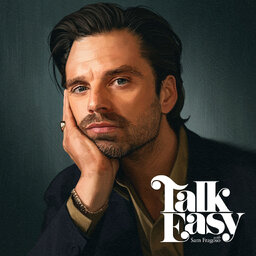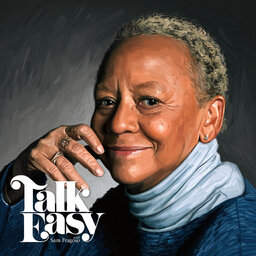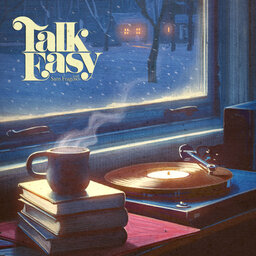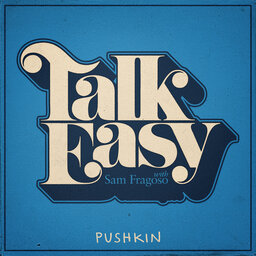The Ziwe Interview
Writer and comedian Ziwe has made a career out of conducting charged and satirical interviews. She joins us this week to discuss her debut essay collection, Black Friend (5:45), the backstory behind her essay WikiFeet (10:19), her early affinity for broadcast news (13:06), the influence of satirists Jonathan Swift and Stephen Colbert (15:10), and her early, formative experiences working in comedy (35:05).
On the back-half, Ziwe reflects on the making of her YouTube series Baited (38:06), a memorable episode with Aparna Nancherla (41:30), her pandemic pivot to IG live (43:30), and the Showtime variety show that followed (46:30). To close, a philosophy on art-making from Ira Glass (50:40) and what Ziwe hopes for in her next chapter (56:15).
In 1 playlist(s)
Talk Easy with Sam Fragoso
Talk Easy with Sam Fragoso is a weekly series of intimate conversations with artists, activists, and…Social links
Follow podcast
Recent clips

The Year of Actor Sebastian Stan (‘The Apprentice’)
1:16:35

Remembering Poet Nikki Giovanni
44:21

Talk Easy in 2024: A Mixtape
58:40
 Talk Easy with Sam Fragoso
Talk Easy with Sam Fragoso